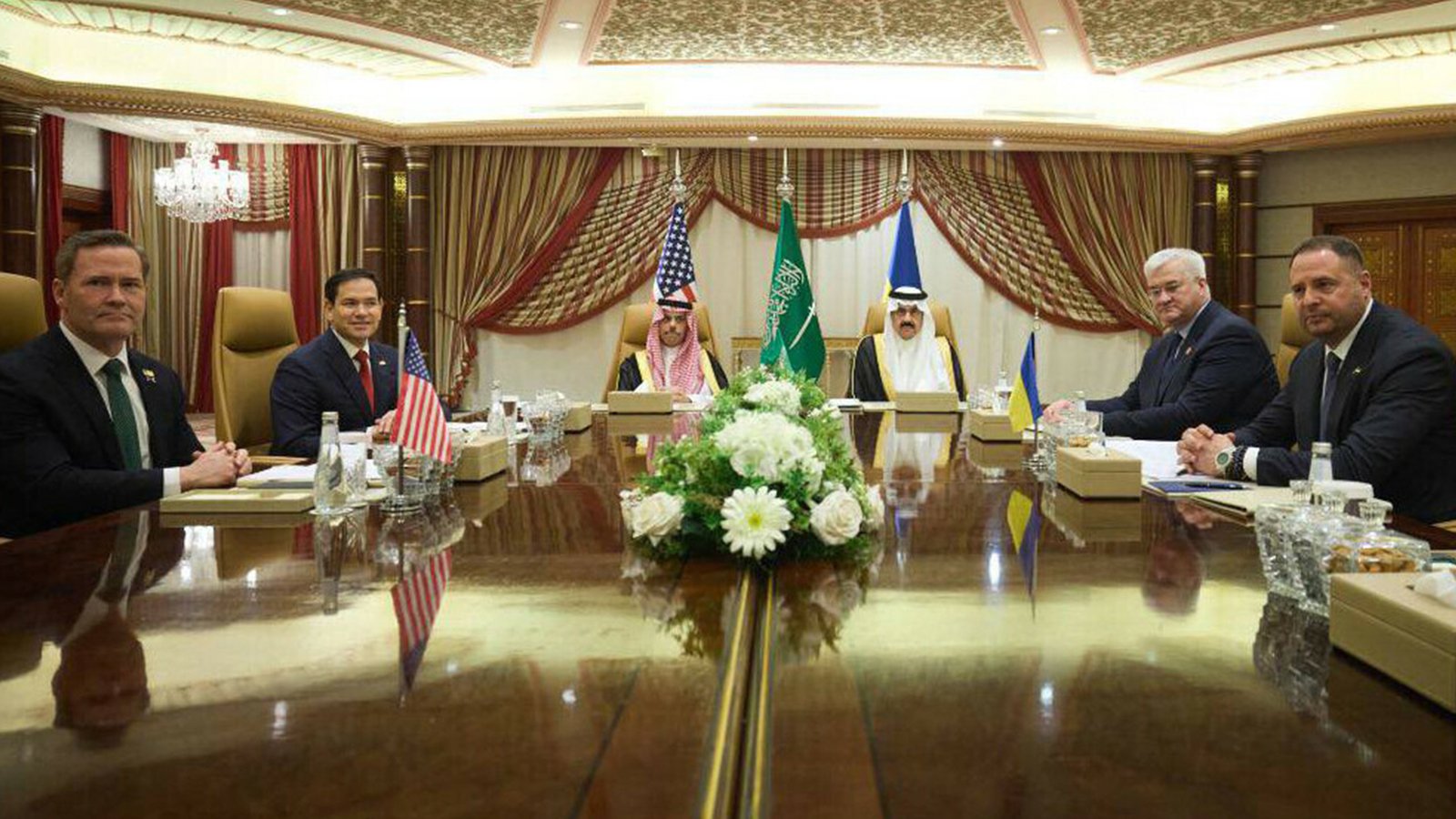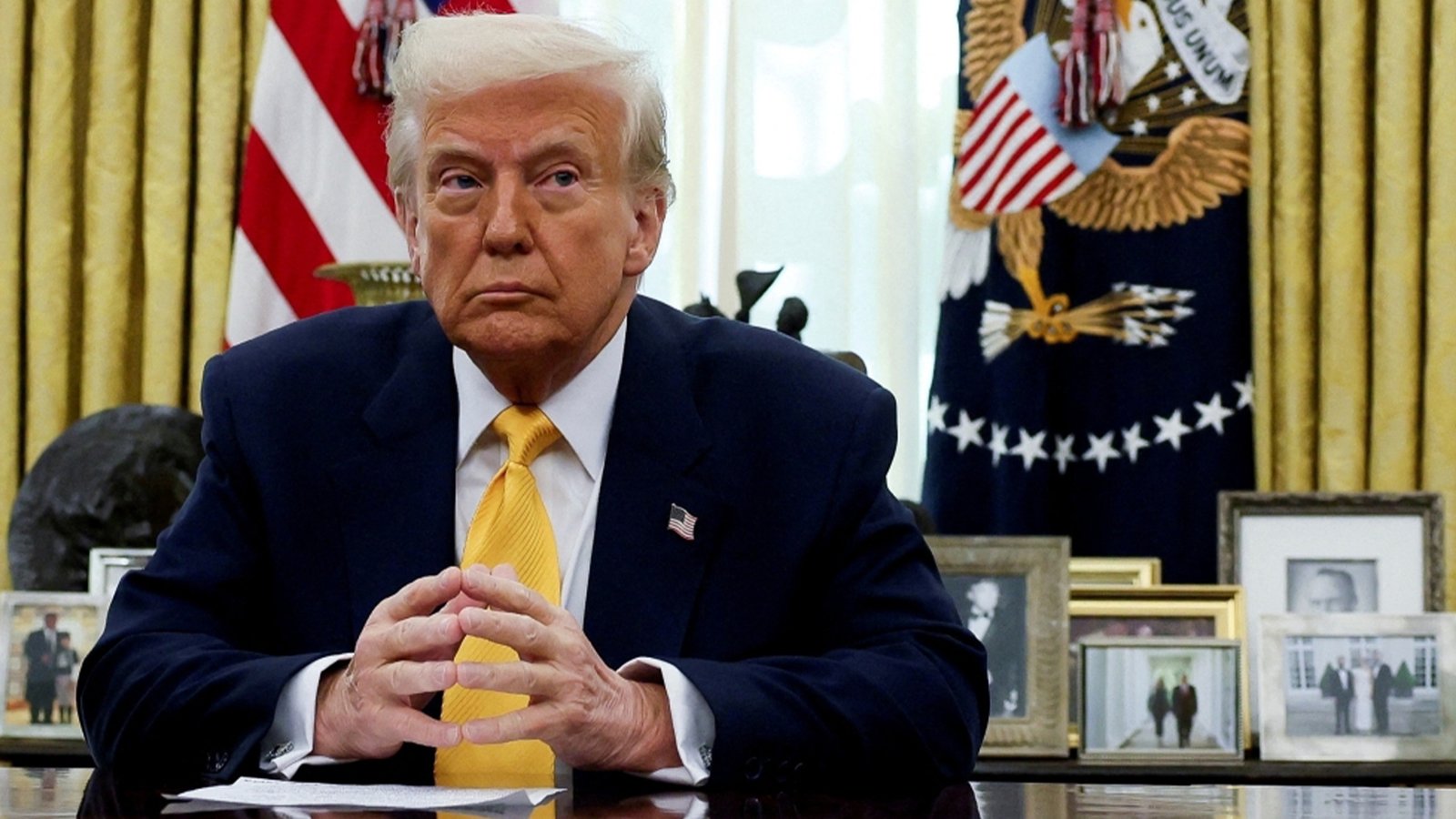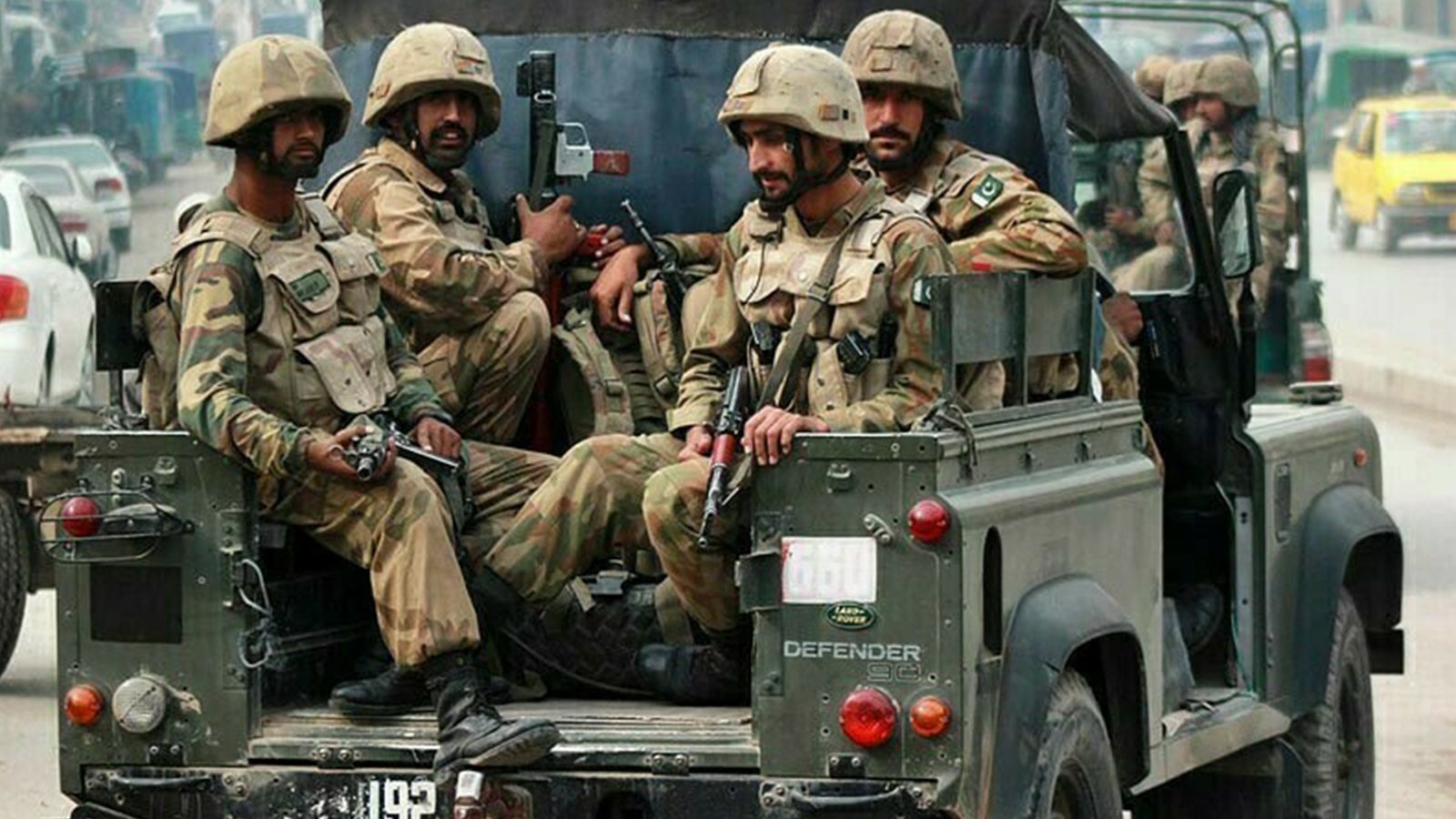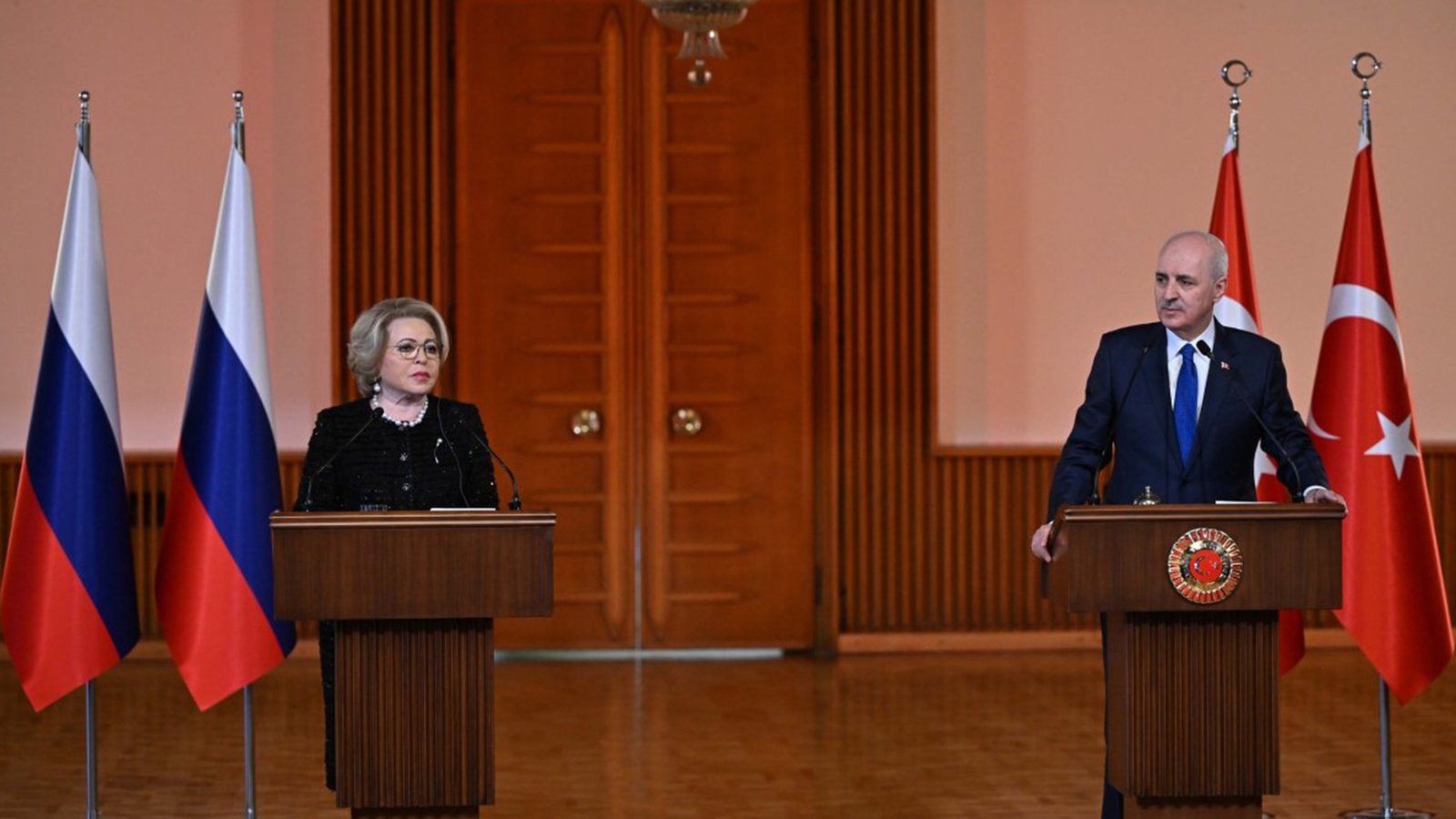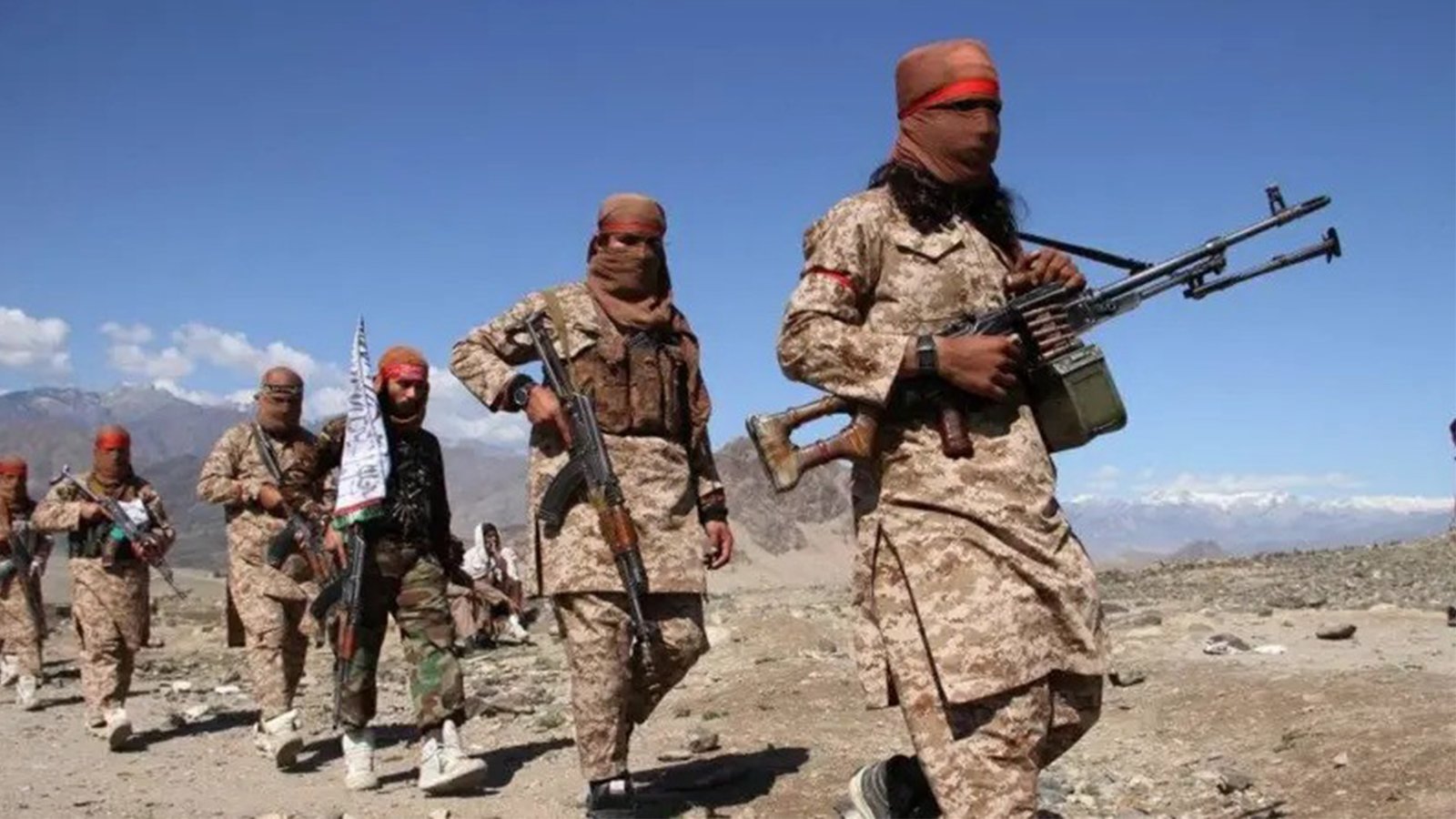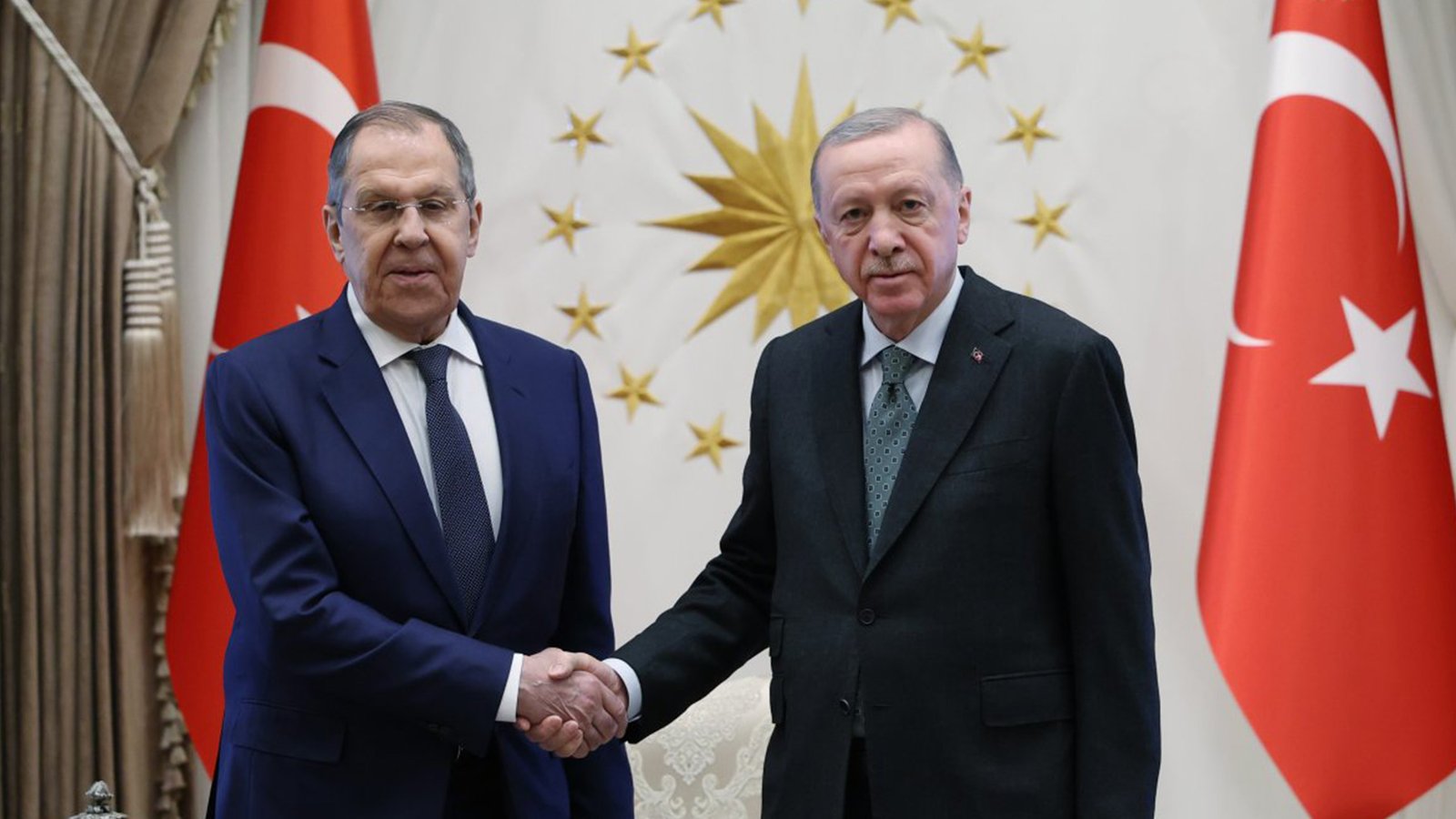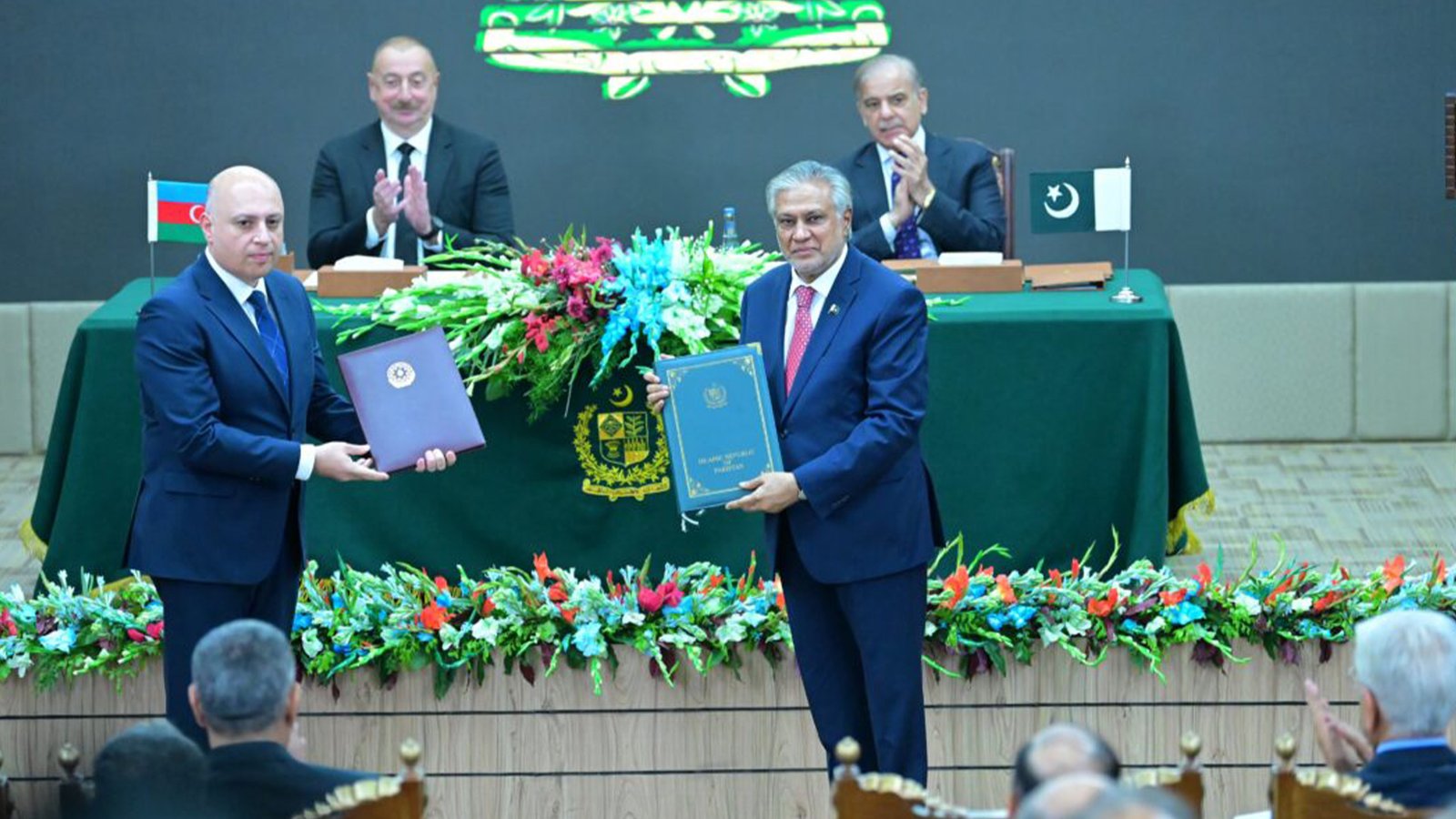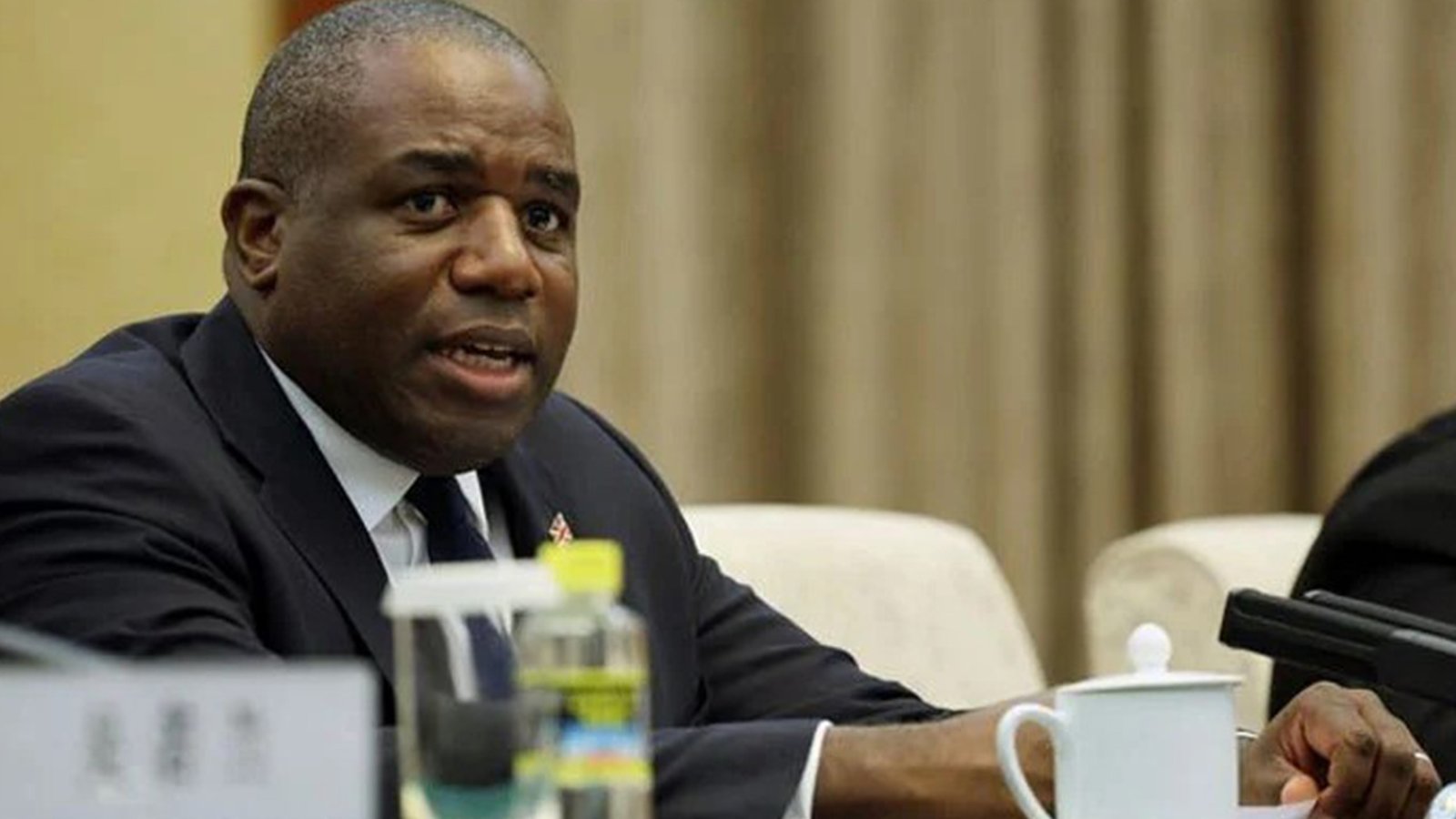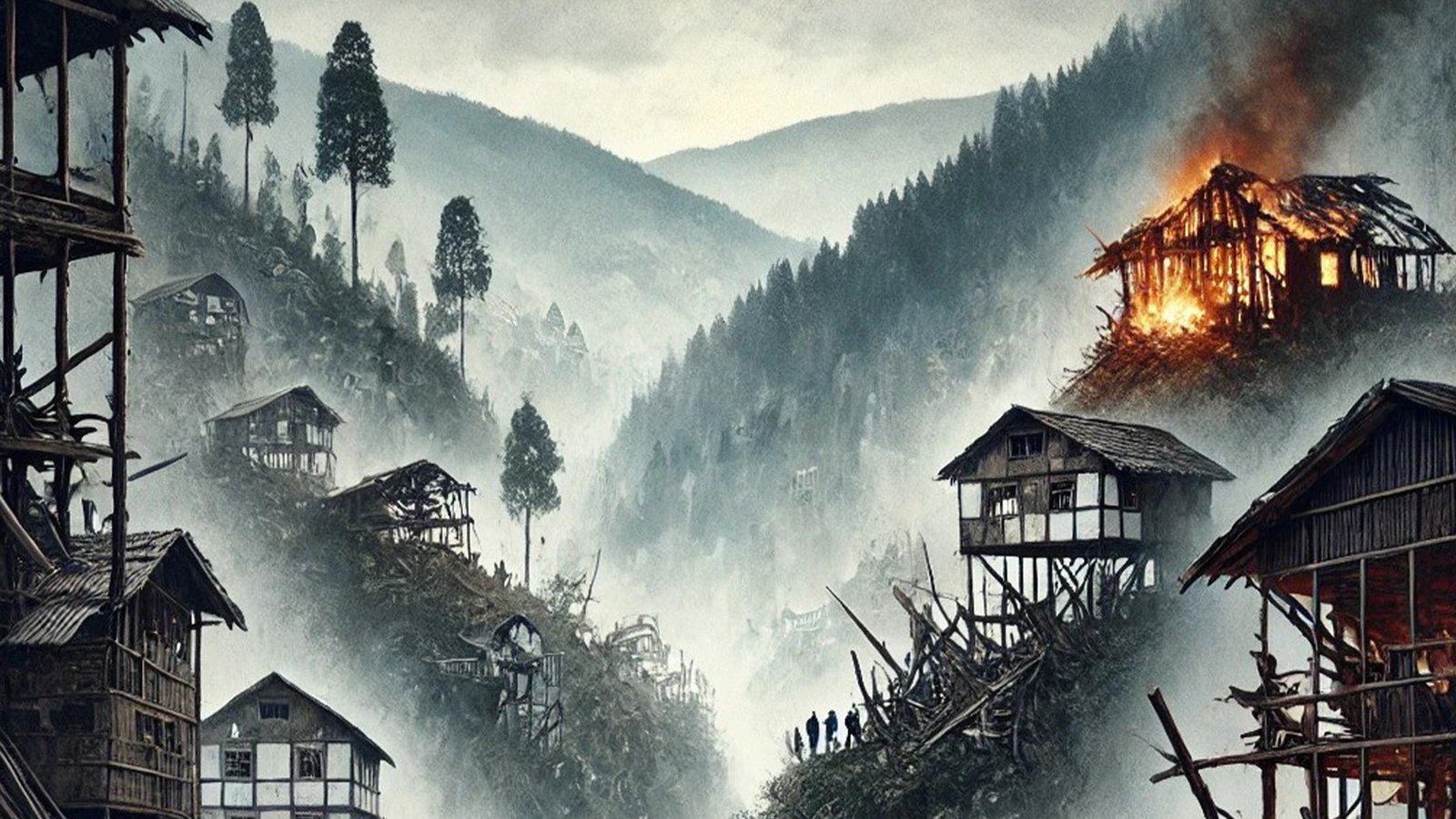The 2023 Manipur Violence: In Depth Report
Manipur, a northeastern state in India, has been embroiled in a wave of devastating violence since May 2023. The conflict, primarily between the Meitei and Kuki communities, has resulted in the tragic loss of numerous lives, the destruction of property, and the displacement of thousands. The violence has been marked by a disturbing religious undertone, with over 24 churches, predominantly associated with the Christian tribal communities, being desecrated and burned down.
The political landscape has further complicated the situation. Allegations have been raised that the ruling Bharatiya Janata Party (BJP) and its Hindutva philosophy have played a role in inflaming the tensions. The BJP, under the leadership of Prime Minister Narendra Modi, has been accused of fostering a climate of communal violence, reminiscent of the 2002 Gujarat riots. The party’s Hindutva ideology, which promotes the idea of a Hindu nation, has been linked to the escalation of violence in Manipur, endangering the lives of Christians, Muslims, Sikhs, and other minority communities.
Updated Timeline and Details of the Violence
May 2023: The Outbreak of Violence
The violence in Manipur began in early May 2023, with the Kuki tribal group’s protest march against the Meitei community’s demands for official tribal status. This protest sparked clashes between the two groups, leading to widespread damage to vehicles and properties.
A shocking video emerged in May 2023, showing two Kuki women being paraded naked by Meitei men after their village was razed. This incident is seen as the latest use of terror against women in the region. The attack reportedly came after fake reports of a Meitei woman being raped by Kuki militiamen, which unleashed a new, deadly cycle of reprisal violence on Kuki tribal women allegedly by Meitei mobs.
July 19, 2023: The Peak of Violence
The violence reached a peak on July 19, 2023, following the murder of a Meitei woman. This incident ignited a series of violent confrontations between the Meitei and Kuki communities, resulting in the death of at least 54 people and the displacement of around 23,000 individuals.
The Aftermath
By the end of July, the violence had resulted in at least 130 deaths and 400 injuries. More than 60,000 people had been forced from their homes as the army, paramilitary forces, and police struggled to quell the violence. Police armouries were looted, hundreds of churches and more than a dozen temples were ruined, and villages were destroyed.
Despite the deployment of 40,000 soldiers, paramilitary troops, and police to the region, the violence continued to spread, forcing more villagers from their homes. The curfew was lifted for a short period in the Churachandpur district, one of the main flashpoint areas, but the situation remained tense.
The Viral Video and Its Impact
The video of two Kuki women being paraded naked by Meitei men sent shockwaves through the region and beyond. The incident was seen as a clear demonstration of the use of sexual violence as a weapon of war. The video became a rallying point for the Kuki community and their supporters, further escalating the tensions between the two communities.
The Role of Religion in the Conflict
The violence in Manipur was not just an ethnic conflict but also had a strong religious dimension. Over 40 churches, predominantly associated with the Christian tribal communities, were desecrated and torched across the state. This religious targeting has raised concerns about the role of communal politics in the conflict.
Christian leaders from the area told Christianity Today that they believed this violence was religiously motivated. “In this pogrom, the Hindu Meiteis not only burned down churches belonging to tribals but also churches that exclusively belong to Meitei Christians,” said Ngaineilam Haokip, an academic at university in Kolkata, who grew up in Manipur. “They targeted their own brethren who follow Christ by burning their churches.”
Also read this: In-Depth Report on Israel’s Attitude Towards Pakistan
The Manipuri violence is a complex issue, rooted in historical ethnic tensions, socio-political disparities, and religious differences. The situation has been further complicated by the alleged role of the BJP’s communal politics. The violence has not only resulted in loss of lives and property but has also deepened the divisions among the communities. It is crucial for the government to address these issues in a fair and just manner, ensuring the safety and rights of all communities, irrespective of their religious or ethnic identities.


